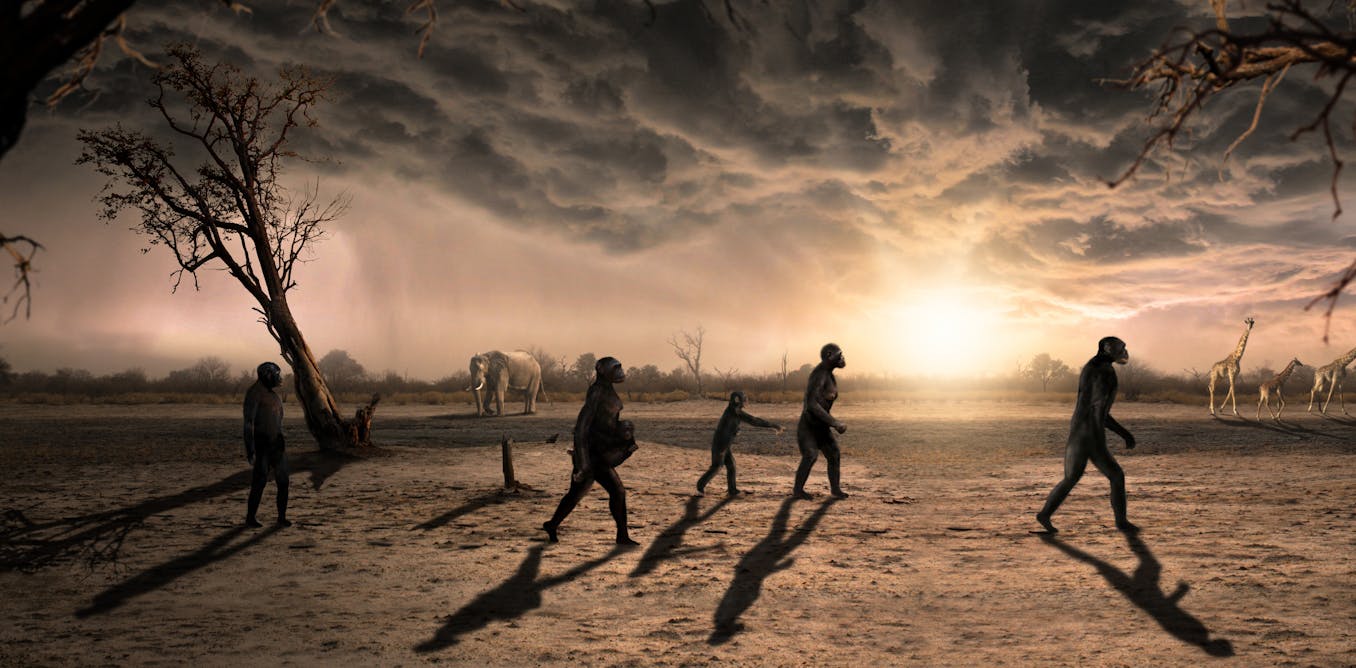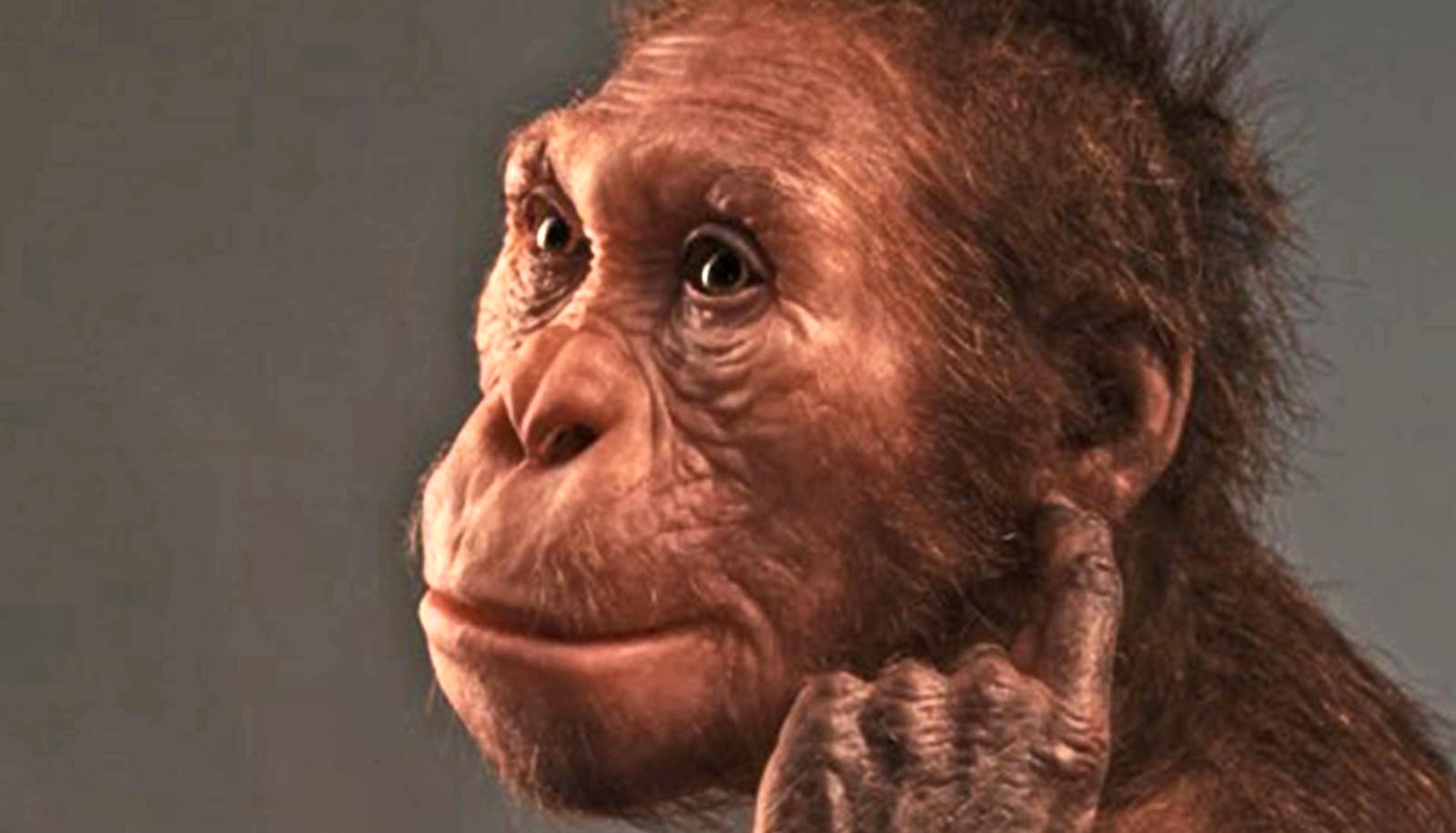Why it's time to make ecocide a crime: for the sake of its victims
Criminalising ecocide means its victims will be able to receive reparations, helping to rebuild destroyed ecosystems and communities.
Rachel Killean, Senior Lecturer in Law, Queen's University Belfast •
conversation
Dec. 8, 2021 • ~8 min
Dec. 8, 2021 • ~8 min
A new species of early human? Why we should be cautious about new fossil footprint findings
A new study finds more than one early human species lived on the landscape in Northern Tanzania 3.66 million years ago. But there are reasons to be cautious about the findings.
Sally Christine Reynolds, Principal Academic in Hominin Palaeoecology, Bournemouth University •
conversation
Dec. 1, 2021 • ~6 min
Dec. 1, 2021 • ~6 min
/
92










